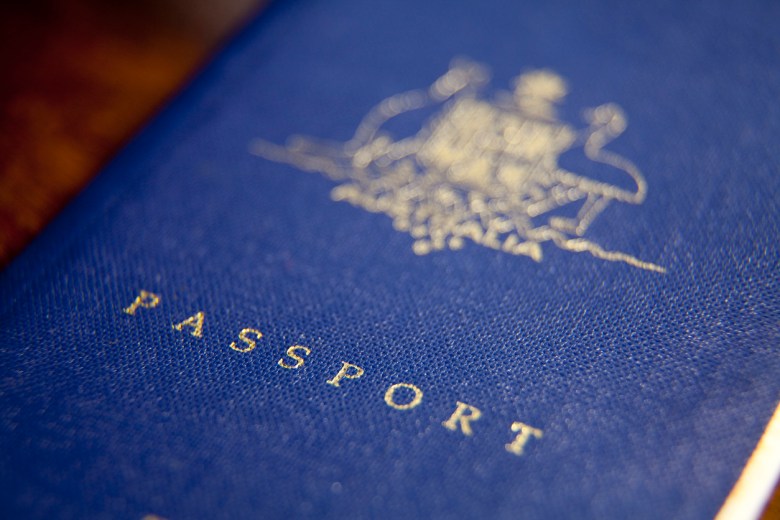
The Australian Passport Office failed to prepare for a surge in applications at the end of Covid-related border closures despite receiving adequate warning, an audit has found.

By 2023 the APO still wasn’t processing applications in a timely or efficient manner, with a deterioration in staff efficiency since borders reopened.
The Efficiency of the Australian Passport Office report was released by the national audit office on Wednesday.
“The audit found the delivery of passport services has not been efficient,” auditor Grant Hehir said.
“While the department has timeframe targets for processing applications those targets are not customer focused and are not being consistently met.
“There are no resource efficiency targets; the average cost to produce a passport has increased more than the increase in the price of labour; and staff efficiency, which was improving up until the COVID-19 pandemic, has deteriorated since the international border was reopened.”
Covid chaos
The APO was created in 2006 as a separate entity within DFAT to provide passport services.
Following the closure of the border on March 24, 2020 in response to COVID, applications dropped, but demand stepped up immediately following its reopening in 2021.
In 2020 applications dropped to 3.5 times lower than before, but when borders reopened in November 2021, the number of applications was 22 per cent higher than pre-pandemic levels.
The increased demand for services was consistent with DFAT modelling, auditor general Grant Hehir says, which predicted as early as December 2020 that there would be “a pent-up demand surge in 2022, providing the department with time to prepare for a sustained increased demand for passport services.”
There were insufficient trained and experienced resources available to prevent a large backlog in applications developing from late 2021.
ANAO
However, when the surge hit, there weren’t enough trained and experienced staff to prevent a large backlog in applications developing, which the audit says grew considerably over the next year and in September 2022 at 428,750 applications.
Staff processing fewer applications
The Australian Passport Office still wasn’t proccessing applications in a timely or resource efficient manner by the end of the audit period in 2023, the auditor general says.
Almost a quarter of applications processed between 2022 and 2023 took longer than six weeks.
“Staff efficiency was steadily improving up until the coronavirus-19 (COVID-19) pandemic but average number of passport applications processed per full-time equivalent has not returned to pre-pandemic levels,” he said.
An average of 384 applications were processed per employee throughout 2022–23, compared to 865 per employee in the eleven quarters before the border was shut.
Failure to achieve targets
DFAT has not achieved its target to process 95 per cent of routine passports within 10 business days for three out of the last five financial years, the report says.
It also says the department’s performance in processing priority applications has declined despite an increasing proportion of applicants choosing to pay to have their applications fast-tracked.

The average cost per passport is currently 23 per cent higher in 2022–23 than it was five years earlier, compared with a 15 per cent increase in the wage price index.
The government says it has accepted all recommendations and taken steps to “fix the mess”, which it blames on the previous government.
Wait times have now returned to pre-covid normal, Assistant foreign affairs minister Tim Watts says.
“In 2023, 94.9 per cent of routine passport applications were processed in the target 10-day timeframe. Average wait times for passport processing were only 3.9 days,” he said.
“More than nine in ten APO customers were satisfied with the service they received in 2023.”
Comment below to have your say on this story.
If you have a news story or tip-off, get in touch at editorial@governmentnews.com.au.
Sign up to the Government News newsletter